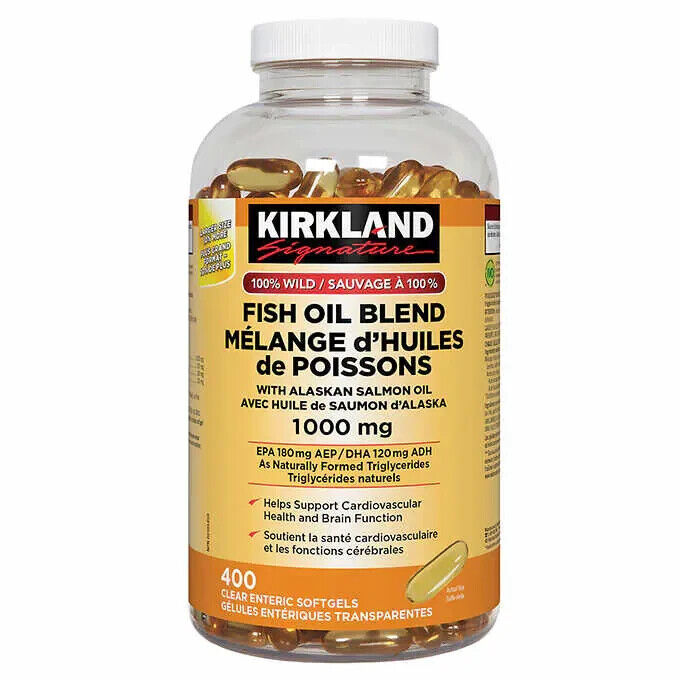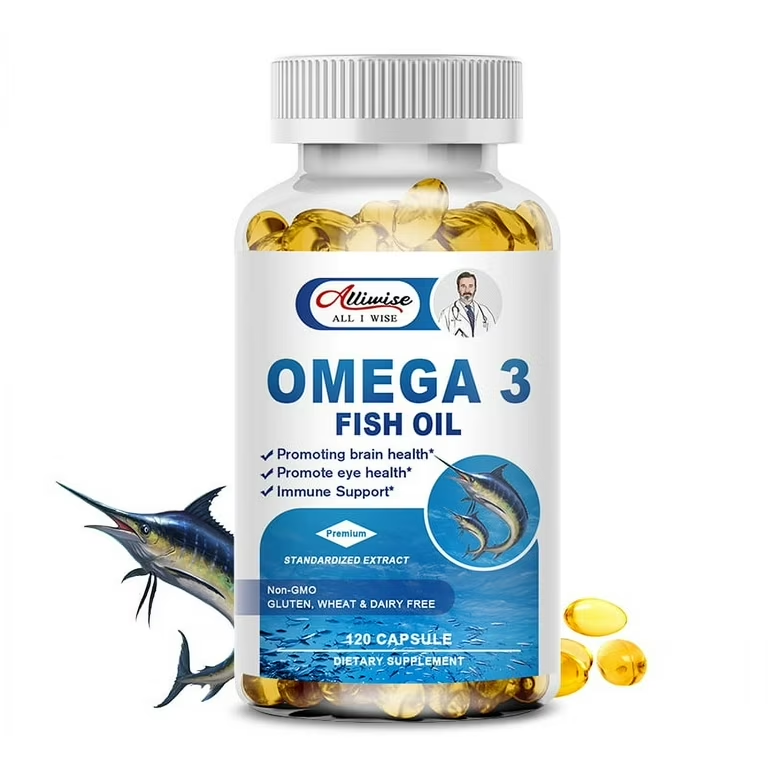
Exploring Cod Liver Oil vs Fish Oil Benefits
Cod Liver Oil vs. Fish Oil: An In-Depth Comparison
Cod liver oil and fish oil are both popular supplements known for their health benefits. Each has unique properties and advantages. Cod liver oil vs fish oil: Understanding the differences between the two can help individuals make informed choices about supplementation.
What is Cod Liver Oil?
Cod liver oil is derived from the livers of cod fish. It has been used for centuries for its nutritional benefits. Rich in vitamins A and D, it promotes overall health. These vitamins support immune function, skin health, and bone density. Furthermore, cod liver oil contains omega-3 fatty acids, which are vital for heart and brain health.
Many people consume cod liver oil to combat various health issues. Its benefits extend to heart health, joint health, and even mental well-being. The presence of omega-3 fatty acids, including EPA and DHA, makes it a sought-after supplement. These fatty acids are known to reduce inflammation and support cardiovascular function. Thus, cod liver oil serves multiple health purposes.
In addition to its omega-3 content, cod liver oil boasts high levels of vitamin A. This vitamin supports vision, immune response, and skin health. However, excessive intake of vitamin A can lead to toxicity. Therefore, moderation is essential when incorporating cod liver oil into your diet. Moreover, pregnant women should approach cod liver oil with caution due to its high vitamin A content.
Overall, cod liver oil is an excellent source of essential nutrients. It offers numerous health benefits, making it a valuable addition to diets. However, its unique composition warrants careful consideration. The potential for vitamin A toxicity highlights the importance of responsible consumption.
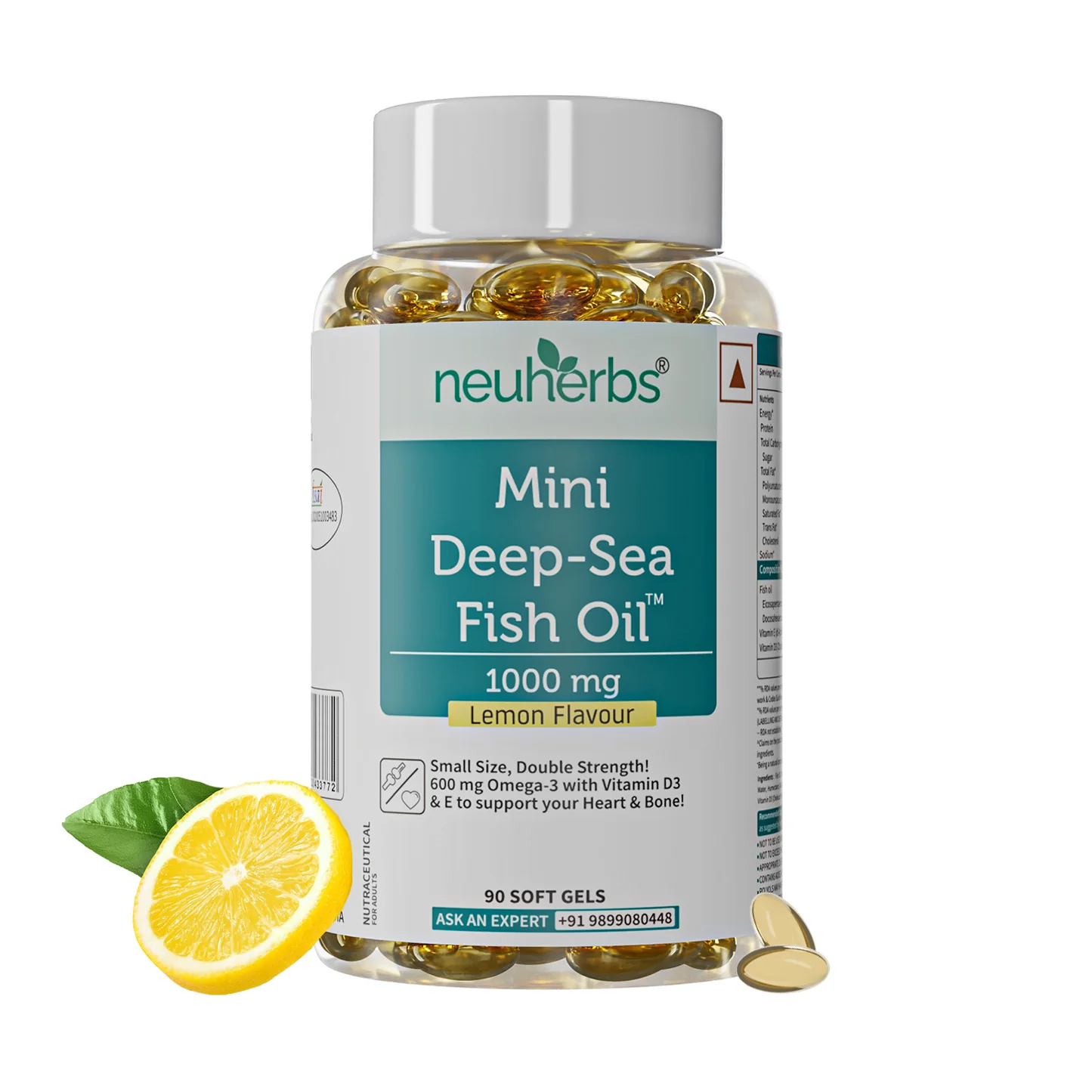
What is Fish Oil?
Fish oil, on the other hand, typically comes from oily fish such as salmon, mackerel, and sardines. Like cod liver oil, fish oil is rich in omega-3 fatty acids, specifically EPA and DHA. These compounds are widely studied for their health benefits. They play a crucial role in cardiovascular health and brain function.
Many people find fish oil a versatile supplement. It offers similar benefits to cod liver oil but without the high vitamin A content. Fish oil works well for individuals looking to improve heart health. By reducing triglyceride levels, it lowers the risk of heart disease. Many studies support these claims, highlighting its efficacy.
Moreover, fish oil may also benefit joint health. It contains anti-inflammatory properties that help manage conditions such as arthritis. Additionally, individuals looking to enhance cognitive function may find fish oil beneficial. Research indicates that omega-3 fatty acids support brain health and may reduce the risk of cognitive decline.
Another advantage of fish oil is its versatility in consumption. It is available in liquid and capsule forms, making it easy to incorporate into any diet. Additionally, the absence of high vitamin A levels makes it a safer option for many. People use fish oil to support overall health without worrying about vitamin toxicity.
Overall, fish oil is a valuable dietary supplement. Its omega-3 content supports cardiovascular health and cognitive function. With its versatile forms, it appeals to a broader audience. Individuals can enjoy its benefits without the concerns associated with cod liver oil.
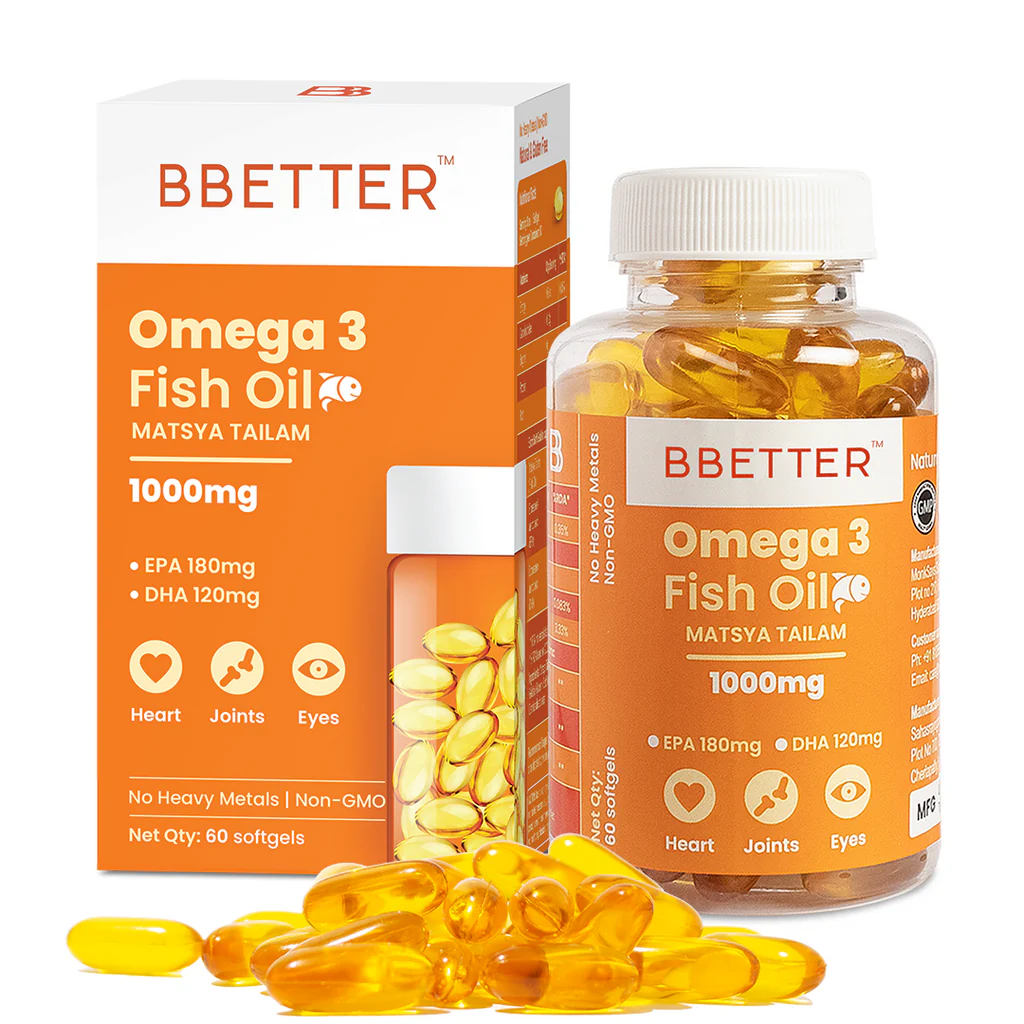
Nutritional Differences
Cod liver oil vs fish oil: When comparing cod liver oil and fish oil, nutritional differences become apparent. While both oils provide omega-3 fatty acids, their vitamin content varies significantly. Cod liver oil is exceptionally rich in vitamins A and D. This nutrient profile provides specific health benefits. However, it also introduces risks associated with high vitamin A consumption.
Conversely, fish oil contains minimal vitamins but excels in omega-3 content. Many fish oil products focus solely on delivering EPA and DHA. This makes them highly effective for supporting cardiovascular health. In terms of omega-3 concentrations, fish oil generally offers higher doses than cod liver oil. Thus, individuals seeking omega-3 supplementation may prefer fish oil.
Another notable difference lies in calorie content. Cod liver oil typically contains more calories due to its vitamin content. This factor may influence individuals monitoring their caloric intake. Meanwhile, fish oil offers a lower calorie alternative without compromising omega-3 delivery.
Furthermore, the source of the oil influences its nutritional profile. Cod liver oil comes from specific fish, while fish oil can originate from various oily fish. Each source contributes unique benefits based on their nutrient composition. Consequently, choosing between the two requires considering individual health needs and dietary objectives.
In summary, nutritional differences between cod liver oil and fish oil play a crucial role in supplementation choices. Cod liver oil offers vitamins A and D, along with beneficial omega-3s. In contrast, fish oil focuses primarily on omega-3 fatty acids. Understanding these differences ensures individuals select the right supplement for their health goals.
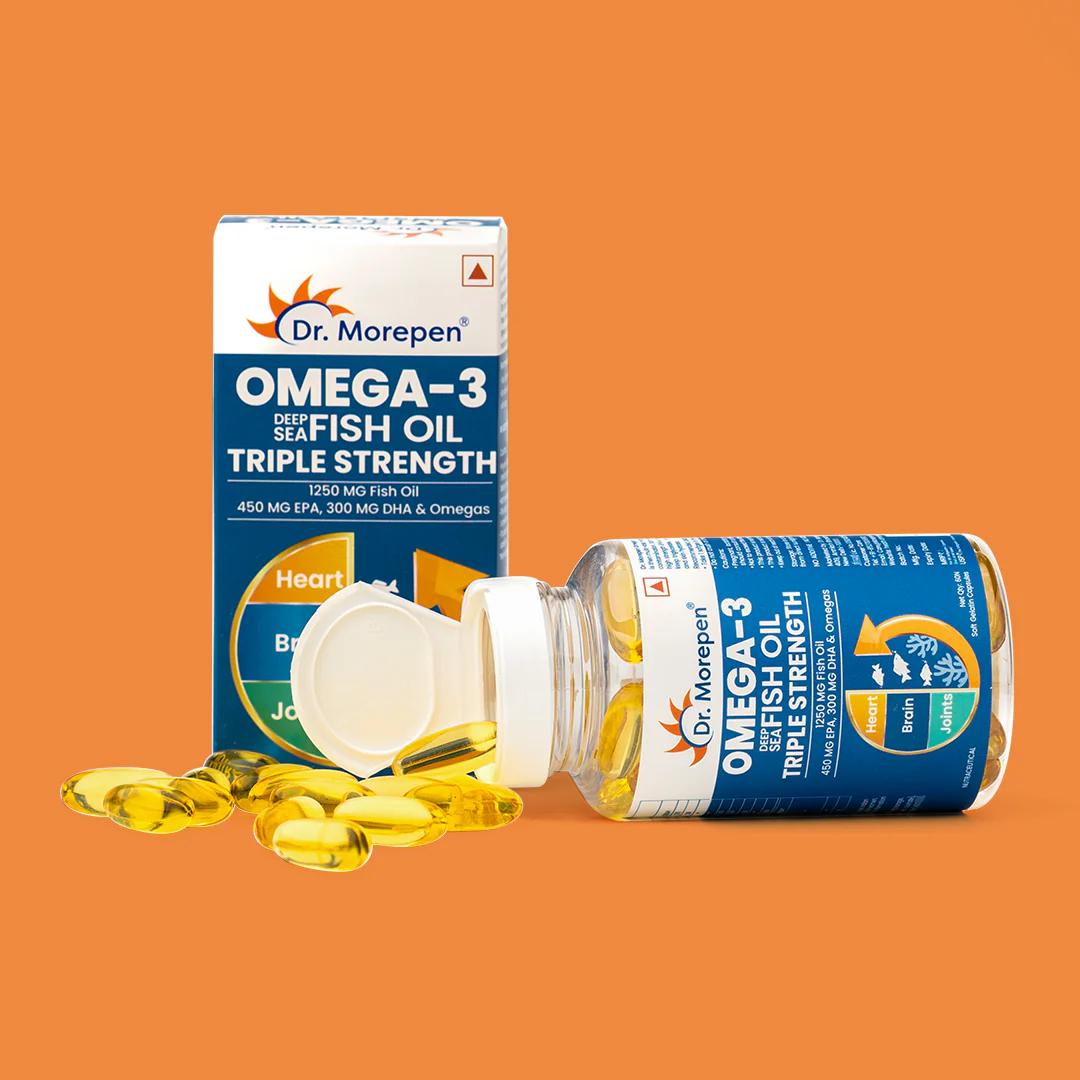
Health Benefits of Cod Liver Oil
Cod liver oil offers several health benefits, making it a popular choice for many. Its high levels of omega-3 fatty acids are linked to reduced inflammation. This can alleviate symptoms associated with chronic inflammatory conditions. Regular consumption may lead to improved joint health and mobility.
Additionally, cod liver oil is particularly beneficial for heart health. It helps lower blood pressure and reduce triglycerides. Furthermore, the presence of vitamin D supports cardiovascular function. Optimal vitamin D levels are essential for overall heart health. Studies confirm the link between omega-3 intake and reduced heart disease risk.
Another important benefit of cod liver oil relates to mental health. Omega-3 fatty acids support brain function and cognitive health. They may even reduce symptoms of depression and anxiety. Furthermore, the presence of vitamin A contributes to emotional well-being. This combination makes cod liver oil appealing for those looking to boost mental health.
Health Benefits of Fish Oil
Fish oil also delivers numerous health benefits, attracting a diverse user base. Its high omega-3 content makes it particularly effective for heart health. Fish oil has been shown to lower triglyceride levels and improve overall cardiovascular function. Regular consumption can significantly reduce the risk of heart disease. This benefit appeals to individuals concerned about their heart health.
Additionally, fish oil supports cognitive function. Studies suggest that omega-3 fatty acids enhance memory and learning abilities. Omega-3s may also protect against cognitive decline associated with aging. This finding is especially relevant for older adults seeking to maintain brain health. Thus, fish oil serves as an essential supplement for cognitive support.
Furthermore, fish oil is known for its anti-inflammatory properties. It can help manage conditions like rheumatoid arthritis. Many users experience reduced joint stiffness and improved mobility after using fish oil. This makes fish oil a suitable choice for individuals dealing with inflammation-related discomfort.
Another significant benefit of fish oil lies in its versatility. It is available in various forms, including capsules and liquids. This variety allows users to select the form most convenient for them. Additionally, it is less likely to cause concerns about toxicity compared to cod liver oil. Many individuals find fish oil easier to incorporate into their daily routines.
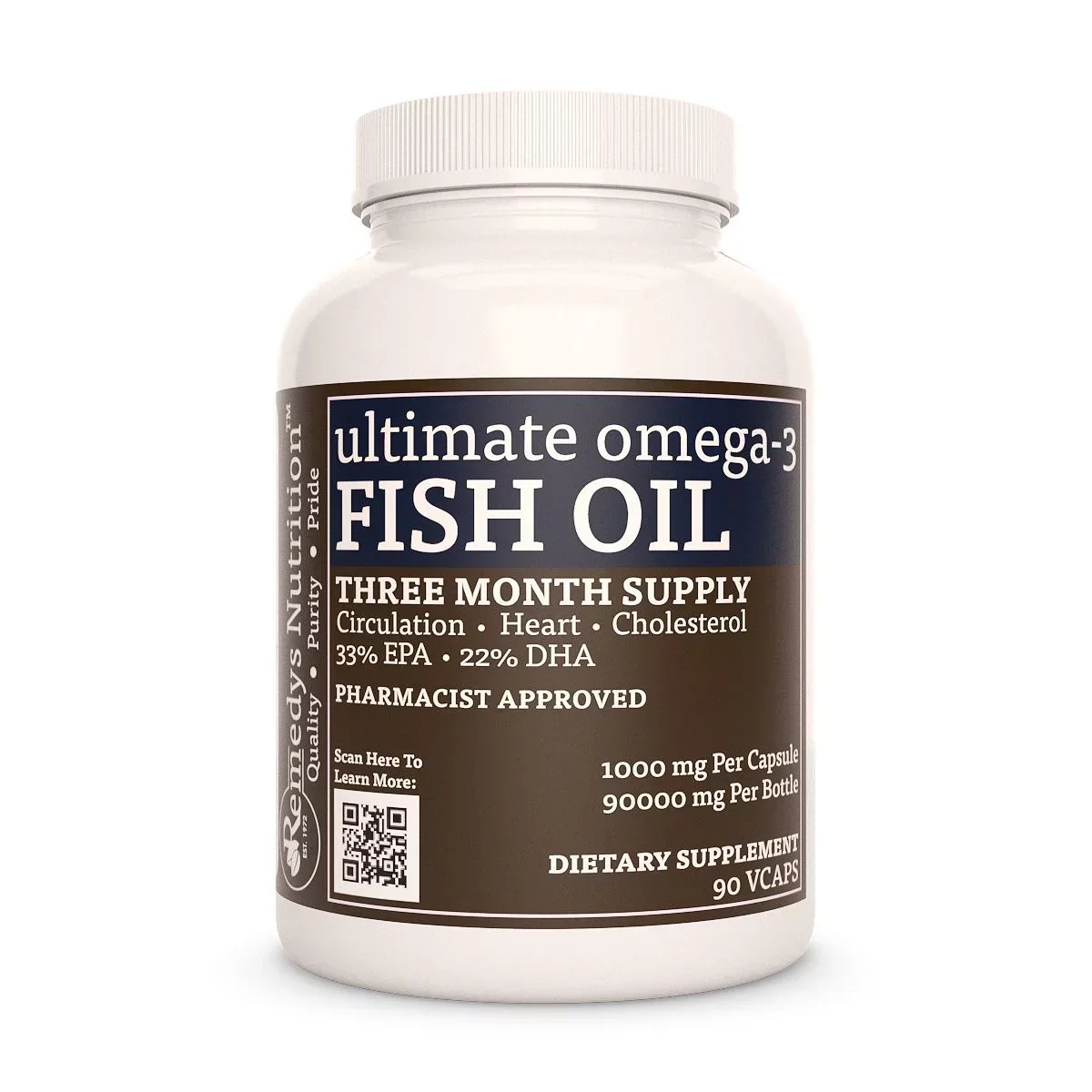
Potential Risks of Cod Liver Oil
Despite its many benefits, cod liver oil carries potential risks. The most significant concern involves its high vitamin A content. Excessive intake can result in vitamin A toxicity. Symptoms of toxicity include nausea, headaches, and even liver damage in severe cases. Pregnant women must exercise particular caution, as high vitamin A levels can harm fetal development.
Additionally, cod liver oil may interact with certain medications. Blood thinners, for instance, may react adversely with the omega-3s in cod liver oil. This can lead to increased bleeding risk. Therefore, individuals on such medications should consult healthcare professionals before taking cod liver oil.
Another concern relates to the quality of cod liver oil products. Contaminants, including heavy metals and toxins, may be present in some brands. Choosing high-quality, reputable brands can mitigate this risk. Always check for third-party testing to ensure the oil’s safety and purity.
Potential Risks of Fish Oil
While fish oil is generally considered safe, it is not without potential risks. One concern involves the quality of available products. Some fish oil supplements may contain contaminants, including heavy metals and toxins. Users must research brands and select reputable products. Third-party testing can provide assurance regarding purity and safety.
Another consideration is the potential for blood thinning effects. Omega-3 fatty acids can lead to increased bleeding, especially when taken with anticoagulant medications. Individuals on blood thinners should consult healthcare professionals before adding fish oil to their regimen. This prevents adverse reactions or complications during treatment.
Additionally, some people may experience gastrointestinal issues after taking fish oil. These can include nausea, diarrhea, or indigestion. Starting with lower doses and gradually increasing can help mitigate these side effects. Opting for enteric-coated capsules may further reduce gastrointestinal discomfort.
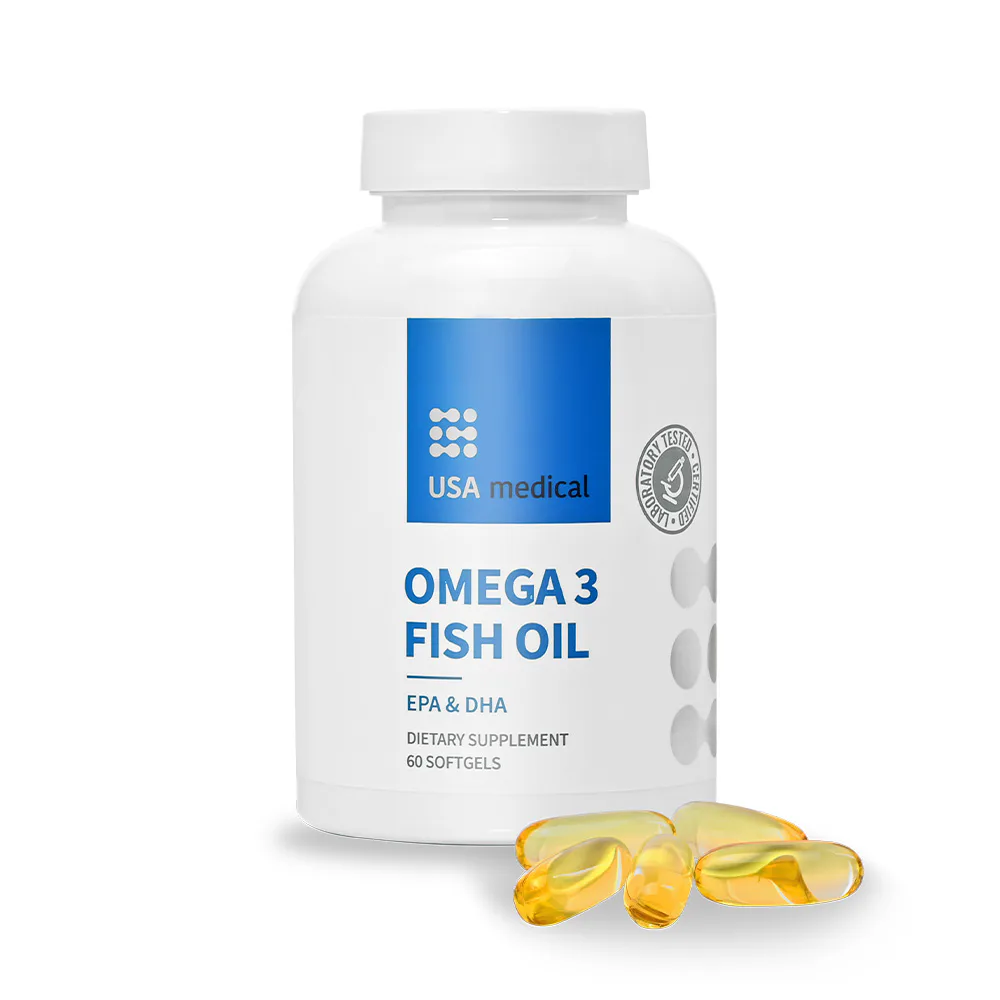
Making an Informed Choice: Cod Liver Oil vs. Fish Oil
When deciding between cod liver oil and fish oil, several factors should be considered. Individual health needs and goals matter greatly in the decision-making process. For those seeking a rich source of omega-3s without high vitamin A levels, fish oil may be ideal. It provides a concentrated dose of essential fatty acids for overall health.
Conversely, cod liver oil offers the added advantage of vitamins A and D. Individuals looking to boost their immune system or support bone health may benefit from cod liver oil. However, they must consider the risks associated with excessive vitamin A intake. This is particularly crucial for individuals already consuming vitamin A-rich foods.
In conclusion, both cod liver oil and fish oil offer health benefits. Understanding their differences allows individuals to make informed choices. By considering preferences, health needs, and professional advice, one can select the most suitable supplement. Both oils have roles in promoting overall health and well-being.

